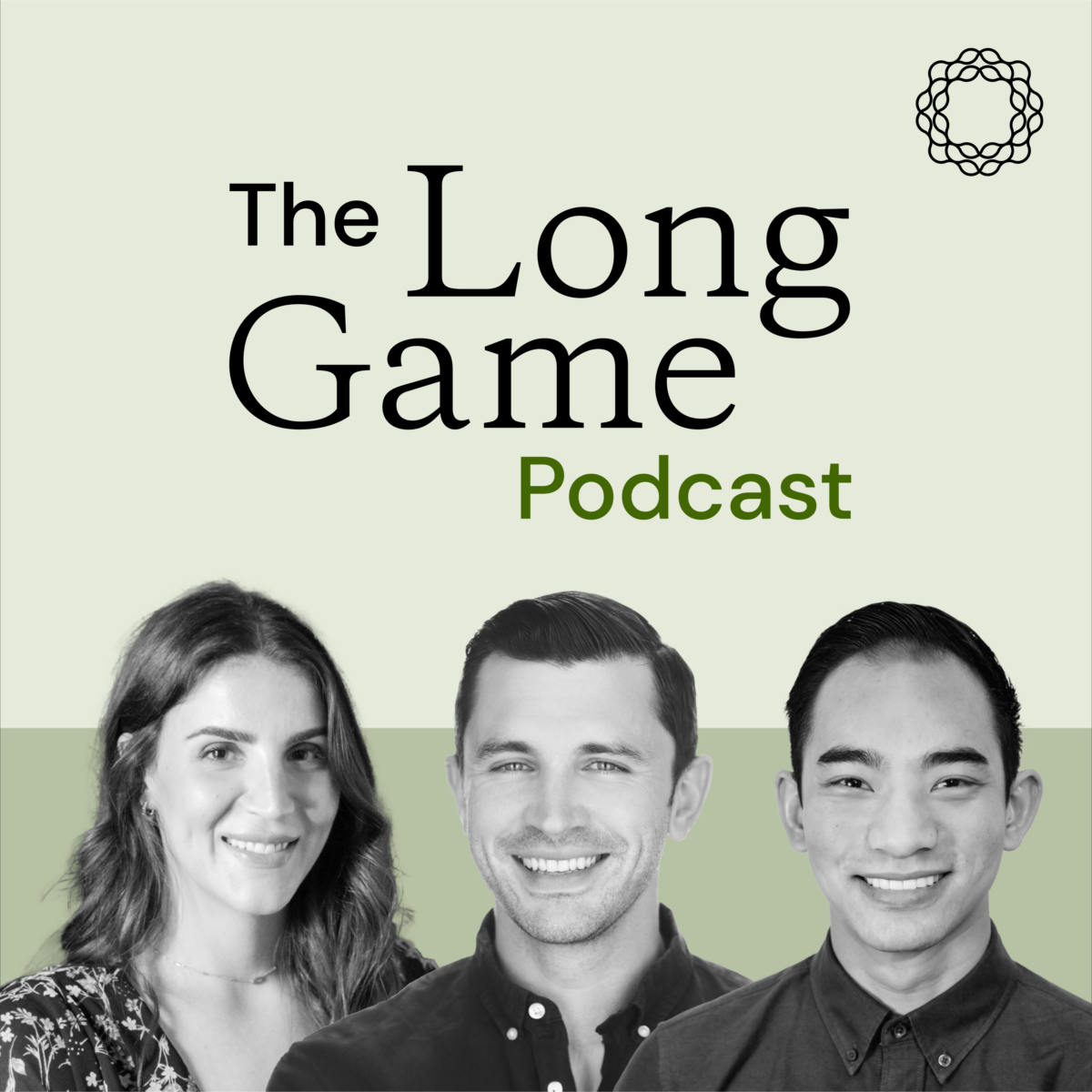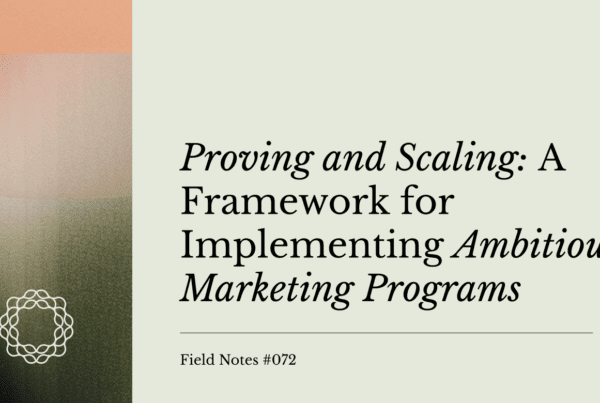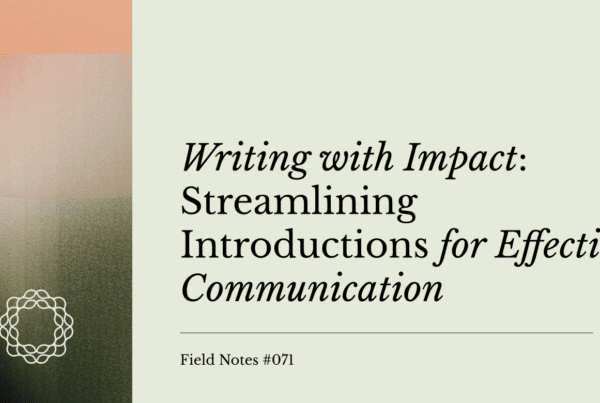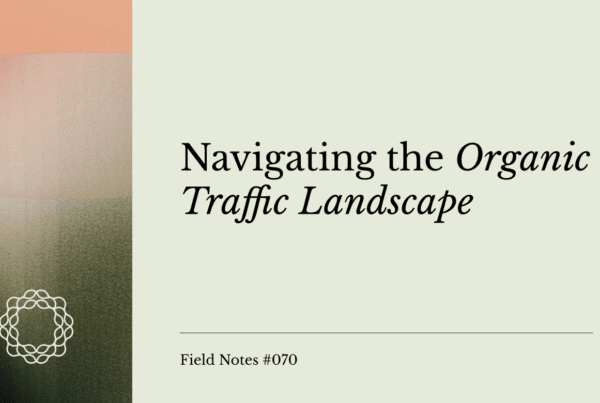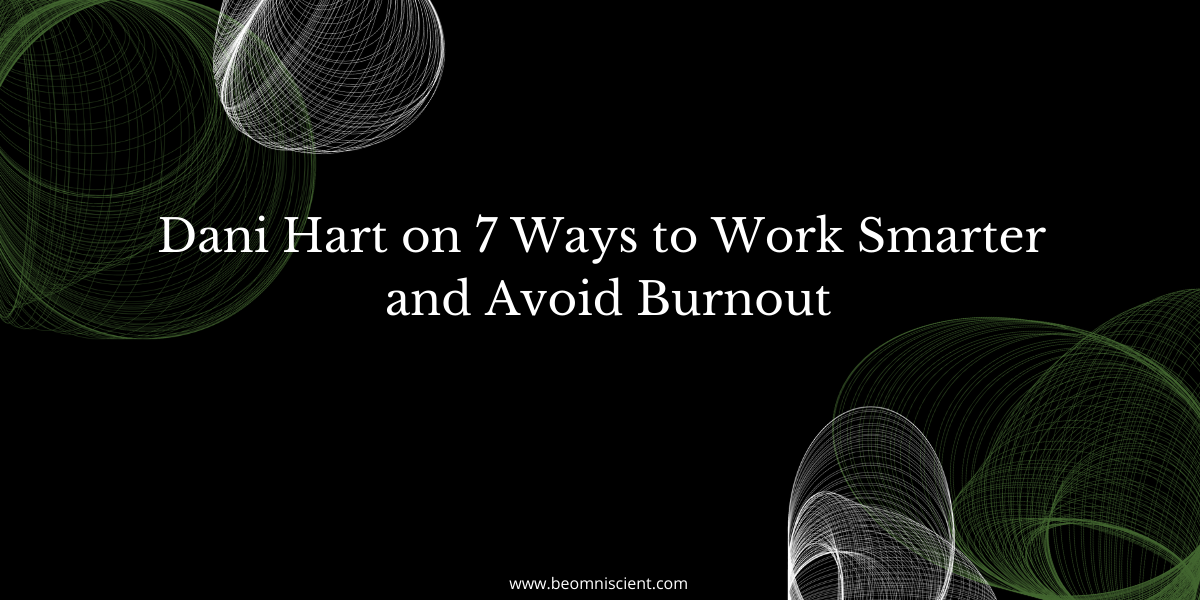
What can a career in company growth teach you about personal growth?
Dani Hart believes it teaches you to keep a growth mindset and take the time to learn from your mistakes—whether you’re running marketing campaigns or developing your own core values.
Formerly the Head of Growth for Growth Hackers, Dani now focuses on growth mentorship and helping people avoid burnout with company GrowthMentor and her own consultant business.
She talked to us about the ways people can keep burnout to a minimum, from cultivating good stress to reconditioning how we think about hard work.
1. Balance between stress and rest
There’s no quick fix to burnout.
Dani said it’s about finding an equilibrium between stress and rest, and making decisions based on how you’re feeling at any given time. You’ll always need to be recalibrating.
She described the balance as a pendulum. When you swing too far to the stress side, you need to take time to rest, but if you overcorrect and become stagnant, you may overload yourself again to fight boredom.
“You’re just bouncing back and forth,” Dani said. “And then you find that there is an equilibrium where we can rest and stress and have a good balance of the two.”
Dani said that when you have a good rhythm between the two, you perceive your stress as good stress and you take care of your mental health needs as you go.
But life isn’t always a steady rhythm. Unexpected stress can pop up at any time and you’ll need to find that balance again.
“I think that that’s a misconception of burnout, is that you just fix it and it’s done,” she said.
“No. It’s giving you these warning signals that you need to make decisions based on what you’re feeling, what you’ve experienced, and use yourself as that guide.”
2. Add “good” stress to your life
People can also feel burnout if they’re bored or not being stimulated. You need a certain amount of good stress, and that often comes down to your mindset.
“Stress can be very good,” Dani said. “And there’s a lot of studies showing that the way that we look at stress is how well we manage it.”
For example, imagine you get a new puppy.
Bad stress would be the perception that it’s very stressful. It’s taking over your life and limiting where you can go.
Good stress would be the perspective that yes, it’s a new challenge. But you’re learning through the process and it’s giving you a lot of happiness in return.
“It really just depends on how you’re perceiving the world in front of you,” Dani said. “And that is something that takes time and dedication to building those different wires more or less in your brain.”
We can change the way we think and see the world with a bit of work and that can transform some stressors in our lives from bad to good.
3. Stick to core values to avoid burnout
In times of high stress, figuring out your core values and making sure that you’re implementing them every day is a good way to stave off burnout.
Dani went through a high stress period while working at Growth Hackers. While on a break trying to recover from burnout, she read Rand Fishkin’s “Lost and Founder” where he described how to discover your core values.
“So I said, I’ll do a core values exercise, whatever, we’ll figure this out,” Dani said.
“And it was just so clear to me that I was living in three of those values that I came up with. But there were three that I just was totally neglecting. And it just became so clear that that was exactly why I was burning out. “
She began reframing how she approached work with her core values in mind. Community was one that was very important to her that she wanted to incorporate more.
Instead of only focusing on the metrics she was trying to meet at the startup, she found ways to build community as well.
“I can say, I’m gonna tie myself to those metrics, or I can say I’m gonna help a person every single day,” she said.
4. Be ready to change
You won’t learn the lessons you need to come out of burnout until you’re ready to make changes.
“I always will say, it comes down to the individual,” Dani said. “They need to recognize that there needs to be a change, whether it’s getting a migraine or just being frustrated with their teammates or not seeing the results they want.”
There are times when you won’t be ready for a lesson, and others when you will be.
Everyone exhibits different symptoms of burnout, from physical to emotional. Having a team that checks in with each other can help us recognize when it’s time to rest.
“It’s really important to check in with each other and have that trust to be able to say, hey, is everything all right?” she said. “Or, hey, I know your personality and you’re not doing the things that are good for you and that takes time.”
It can be easier to build those relationships in smaller companies, but larger ones can accomplish it with smaller teams.
5. Recondition your thoughts about work
Most people think that in order to get to where you want to be, you have to put in the hard work. Instead, we should learn how to work smarter.
“I think we just need to be a little bit more creative with how we approach it, because at the end of the day, we are programmed to work,” Dani said. “That is what our society has made of us.”
“And so it’s a reconditioning to not think that way.”
The newer generations are pushing back against the way our parents had to work and are asking more about smarter and more efficient work.
“When we start looking through these different lenses, how will I be most productive?” she said. “Well, it’s not actually working hard all the time. It’s taking a break so that when I come back, I can be even stronger.”
Rest is going to look different for everyone, but it’s time to understand that it has great value.
6. Give yourself permission to take time for yourself
The past couple of years have changed the way people look at personal days. There is a lot more acceptance than there used to be.
“I’ve realized in this past year and a half, or really just in the past year, since I started working with the clients that I’m working with, there’s a lot more grace,” Dani said. “And sometimes people just don’t feel like they have the permission to take it.”
If you lost a pet due to an accident or not having pet insurance, or if you have a sick loved one you need to take care of, people will understand if you need to take time away from work. If they don’t, then Dani said services like hers can help you find a better team.
“We’ll find you a team that will understand because people that care about you, they want you to be well,” she said. “And they know that means sometimes taking a day off, whether that’s for mental health, physical health, or just family matters.”
What kind of rest a person needs depends on their personality, but even people who are good at burying stress and their emotions will hit a breaking point.
You have to give yourself permission to take care of yourself.
7. Do what’s important to you
Figure out what you want to be doing and not just what you think you should be doing.
When you stick to that, you’ll find the work, the clients, and the audiences you truly want to interact with.
“When I had time to sit back and say, what’s important to me?” Dani said. “I want people to resonate with who I am, not with what I think I should be.”
For Dani that meant focusing on sustainable growth, not fast growth hacking at all costs. Those clients were burning her out because they weren’t aligned with what she truly wanted to be doing.
“As soon as I started talking more about the sustainable side of growth and rest and that kind of stuff, people came out of the woodwork and they started DM-ing me,” she said.
By being true to herself on her accounts and in her messaging, she attracted the right people.
“It’s created its own little culture within itself,” she said.
“And I feel good about it because I’m like, if I can give someone permission to take a break, I know it’s not going to be that other world, but it might change the world for the better.”
Dani said she now has a personal mission: to help people relax.
When and how you relax is completely up to you. But making sure you take time away and changing your perception of stress will keep your periods or burnout few and far between.
